In A Dark Time, The Eye Begins to See: A 2016 Poetry Preview
NPR

Honesty may be poetry's best gift in the coming year, as these writers and others say what needs to be said about guns, anger, racism, family, and how we can think and feel more precisely and truthfully about one another.

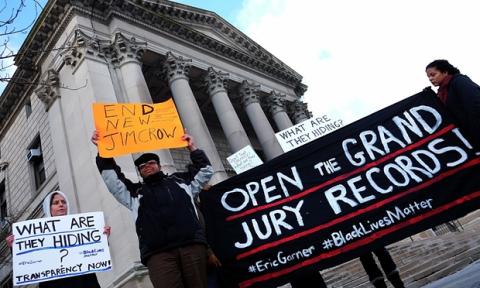
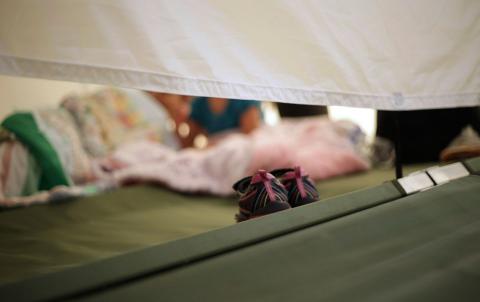
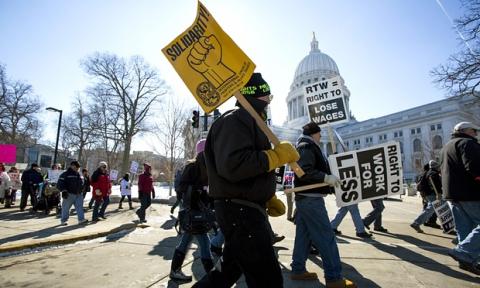

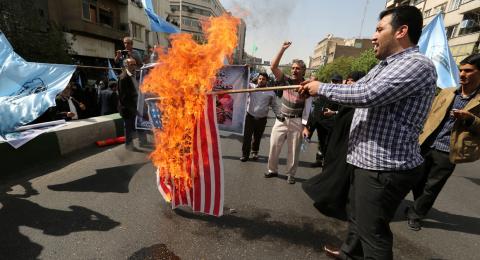
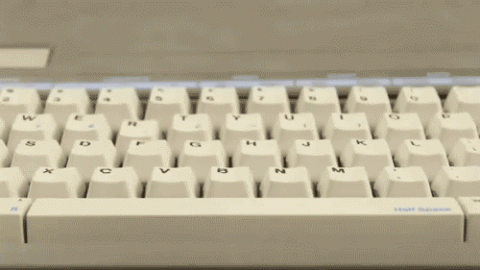
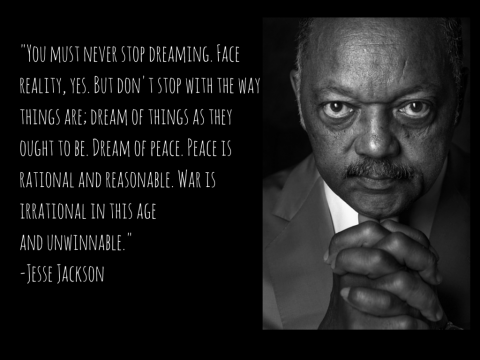
Spread the word